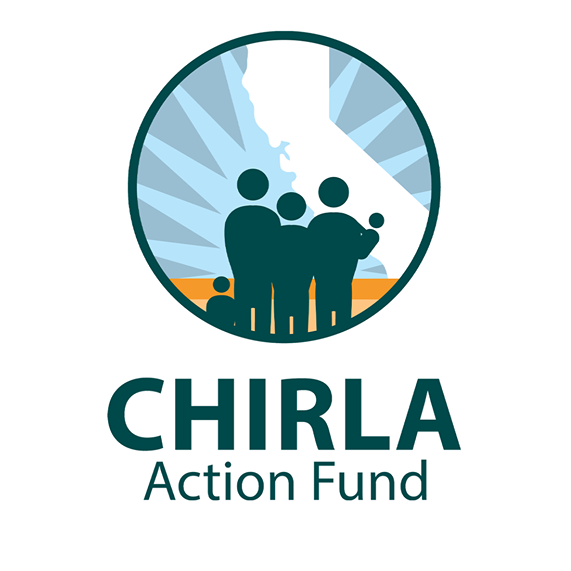Washington D.C. – Budgets are a reflection of who and what we value in our community. This goes along with the thinking that if we truly believe in something or someone, we invest our resources into them to ensure a mutually beneficial success . What we are experiencing at the moment in Washington D.C., even with the ongoing theme of dysfunction looming in the background, is a strong push to pass a federal budget that puts hard working Americans and immigrants outside of the scope of investment, or value for that matter. Whether it is education, healthcare, immigration, housing, or basic human dignity, the federal budget falls short of ensuring our mutually beneficial success.
So what is on the chopping block in this budget and who reaps the benefits of tax dollar investment? It is safe to say that a huge portion of what sustains our democracy is about to be transplanted, like a mad scientist switching body parts, onto major tax cuts for the very wealthy. The investment transfer will translate into economic hardship and pain for the poorest among us. For immigrants, the switch from a movement towards reform has been transformed into an enforcement only policy approach with increased deportations in the near future. Below are just a few examples of what has been proposed by the President:
- $300 million to recruit and hire additional U.S. Customs and Border Patrol (CBP) and ICE officers in the interior;
- $1.5 billion to detain and deport immigrants, including funding for an unprecedented 51,379 detention beds;
- $1.6 billion for an unnecessary, offensive, and costly wall;
- 70 new U.S. Attorneys at the Department of Justice to prosecute people for immigration-related offenses;
- New requirements for tax filers to provide a Social Security Number to apply for the Child Tax Credit, which will drive millions of American children into poverty; and
- A drastic 30 percent cut in refugee resettlement services.
The truth of the matter is that the Federal Budget is not a done deal. The general consensus appears to be that it will be very hard to pass a budget with so many severe cuts that puts some Republicans at odds with their constituents, but that outcome is not guaranteed. On the Democratic side, the growing progressive movement is watching carefully whether or not Democrats will side with Republicans, or just as worse, push for detrimental cuts and easily cave on immigration enforcement during negotiations. These next three months will determine the fate of millions for years to come and the time to get involved has never been more important than right now.

